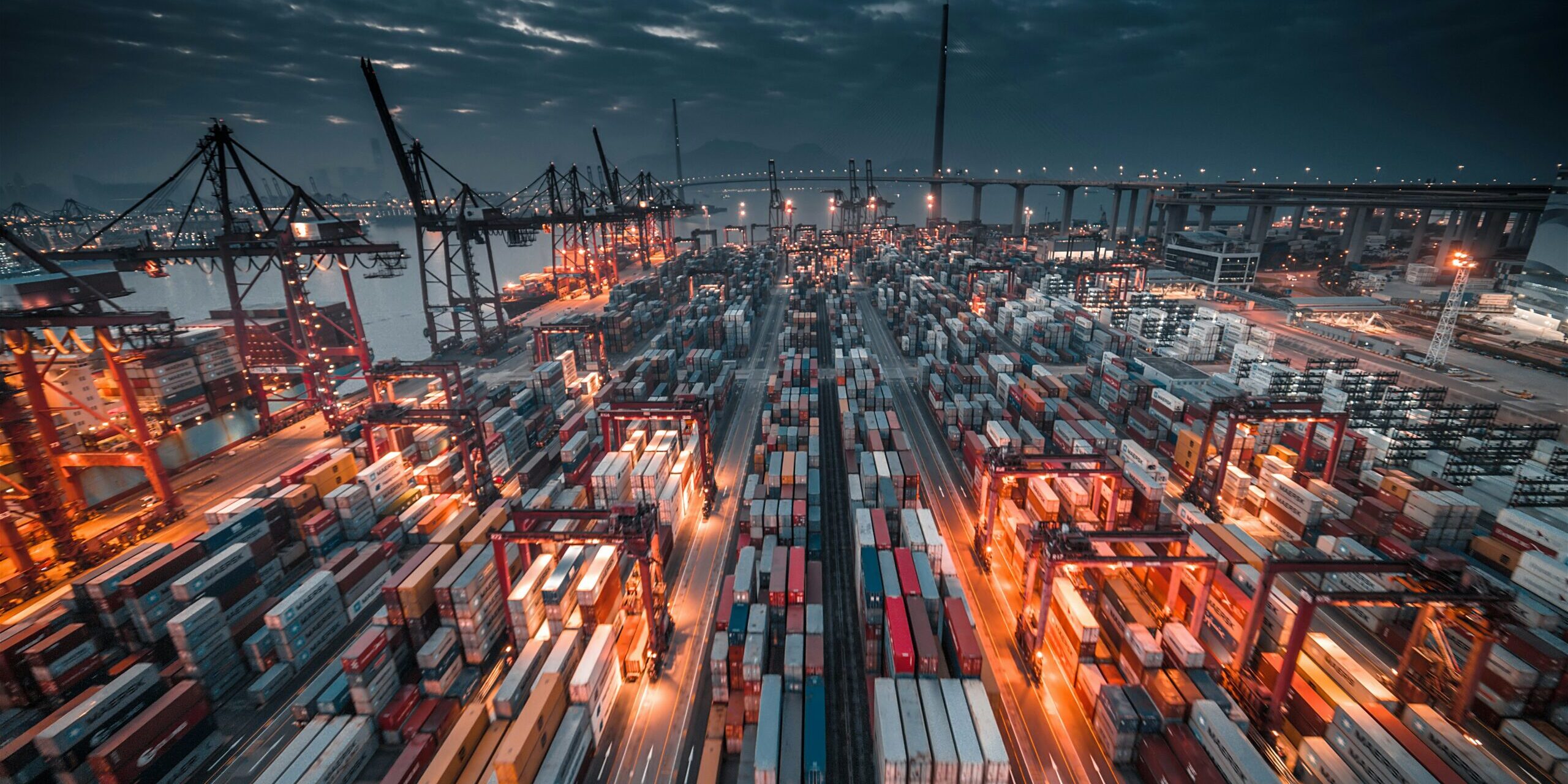The landscape of supply chain transparency and accountability is undergoing significant transformation, driven by a multitude of international regulations and legislative frameworks. These regulations, spanning from the German Supply Chain Act to proposed EU legislation on human rights due diligence, underscore the growing scrutiny placed on organizations with complex global supply chains.
A central concern for compliance practitioners is the mapping and tracing of entire supply chains, from raw material sourcing to finished goods distribution. This task becomes particularly challenging given the limited visibility into second and third-tier suppliers, with whom organizations often lack direct contractual relationships.
While traditional commercial agreements include clauses related to compliance with forced labor standards and other ethical considerations, these terms have become commonplace and often lack effective enforcement mechanisms. Additionally, obstacles such as reluctance to share proprietary information and the absence of a coherent evaluation framework further complicate compliance efforts.
Addressing these challenges requires a fundamental shift towards a culture of information sharing and collaboration among supply chain partners. Organizations must prioritize transparency and cooperation, particularly in regions known for human rights abuses.
Efforts to improve due diligence practices are also essential, with a focus on eliciting detailed information about supply chain operations and high-risk activities. Organizations should leverage this information to hold partners accountable and encourage reporting of suspected violations.
Furthermore, engagement with international organizations and local stakeholders, as well as investment in mitigation efforts, can help address forced labor risks in the supply chain.
Education plays a critical role in raising awareness and combating forced labor, with an emphasis on training for all supply chain partners.
In navigating these complexities, organizations must engage in open dialogue and foster trust with their partners to drive meaningful change in supply chain practices.
#NewsUpdate #SupplyChainTransparency #InternationalRegulations #SupplyChainNews #ICTTM







